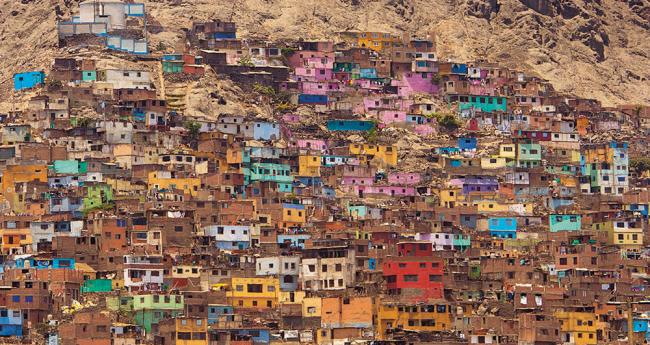For Siyang Hu, Claire Sentilles, Shreya Gunda, Rachel Russell and Ellie Pepperell, Tulane seniors in biomedical engineering, the two-week trip this past summer had a serious mission. With much of Peru’s rural population living below the poverty line, the students set out to experience what life is like for the country’s poorest people, particularly when it comes to health care.
“You have to go beyond reading an article or doing research on your laptop to find out what the real needs are,” said Pepperell, from Austin, Texas. “And that’s exactly what we did.”
With their advisors, School of Science and Engineering Assistant Professor of Biomedical Engineering Carolyn Bayer and Professor of Practice Katherine Raymond, the students chose Peru as the focus of their project because of Tulane’s strong connections to the South American country. The group relied on School of Public Health and Tropical Medicine Associate Professor Valerie Paz-Soldan, who is director of the Tulane Health Offices for Latin America and based in Lima, to help organize the trip.
The students traveled to some of Peru’s most remote villages, where they were able to observe sick patients being transported by boat to the nearest health post. “The goal was to do a design-needs assessment, which involved visiting clinics and hospitals and interacting with medical personnel and patients,” Sentilles said. “Empathy is the first step of human-centered design, so it was important for us to experience the issues firsthand.”
The students are now drawing from that experience for their team design project, a yearlong endeavor culminating with an invention that addresses healthcare needs and, in the long run, impacts global health. Their ideas revolve around issues of transportation, diagnostics and communications. In April, they will present a finished prototype at the 2019 Engineering Design Expo.































































